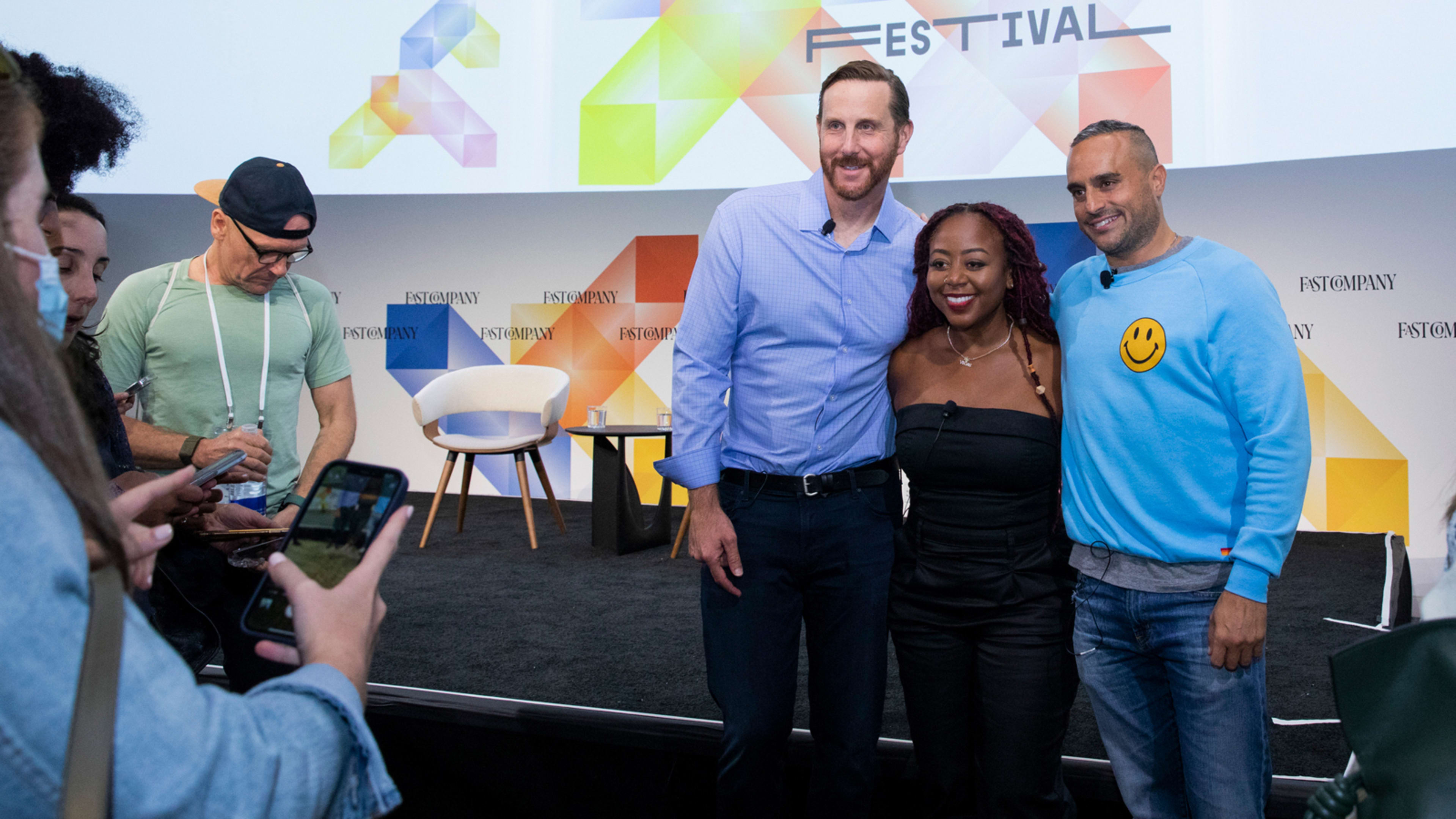From ingredients and the curation of meals to the ways food gets distributed, the food industry is undergoing rapid change. And as three food industry innovators told audiences at the Fast Company Innovation Festival on Wednesday, the only way to keep up is continuous reinvention.
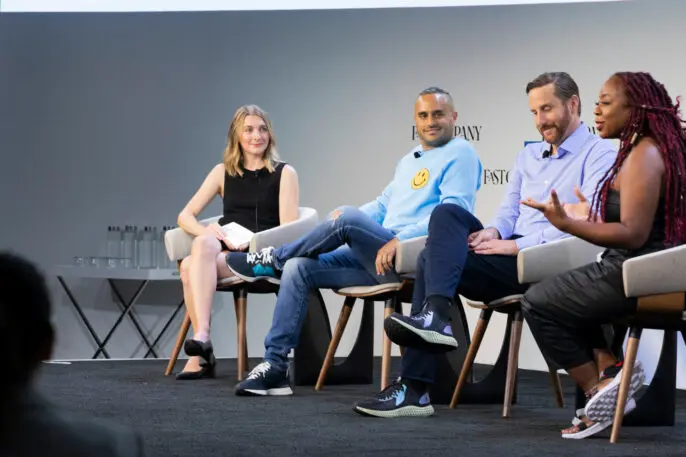
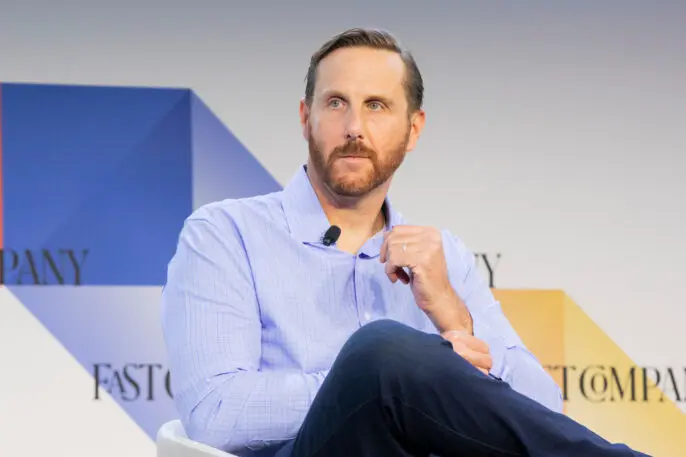
“We’re challenging the meat industry. They have a lot of money. They have a lot of lobbyists. They put full page ads in the Wall Street Journal and New York Times saying our products aren’t healthy,” Brown said. Countering that narrative takes more than ad dollars. Brown said that Beyond Meat is working with Stanford University on a long-term study looking at the impact on the human body of consuming its products, and running clinical trials to prove the health impacts of new products in the works. “Our products are not only healthy, they’re getting healthier,” he said.
They’re also getting closer and closer to replicating the eating experience of meat-based foods, he added, enough so that Beyond Meat continues to make new partnerships with major fast-food chains like Taco Bell. Its new plant-based carne asada steak will be hitting some restaurants in October.
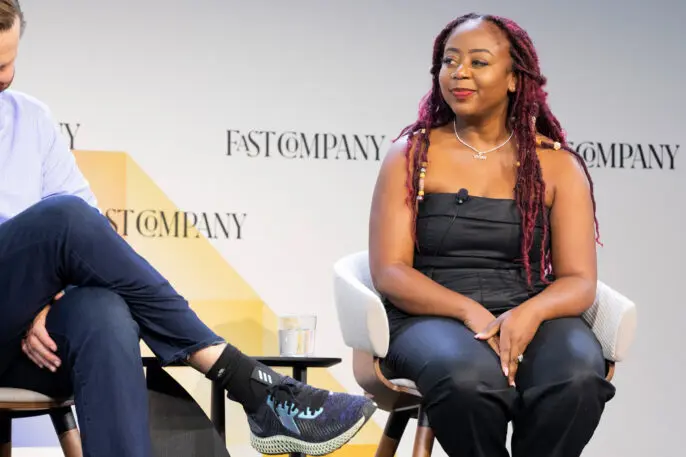
Just making an intellectual argument about eating vegan—such as the low carbon footprint of plant-based food compared to meat, or the inhumane conditions of factory farms—can only go so far. “In order to get people to pay attention, you’ve got to meet them where they are. . . . If you automatically walk in the gate, like, ‘Yes, this is green, it’s healthy for you,’ the kind of people that I’m attracting, they’re not interested in that,” Cole said. “I’m giving them burgers, pies, and fries.”
She’s also expanding the offerings on her menu, including new options targeted at kids. Just like the burgers and fries on the rest of the menu, they’re familiar dishes that will appeal to kids without focusing on their environmental or health benefits.
“I’m not targeting the vegan. I’m targeting the meat eater who eats chicken, beef, pork, everything,” Cole said. “Those are the people that I want to talk to.”
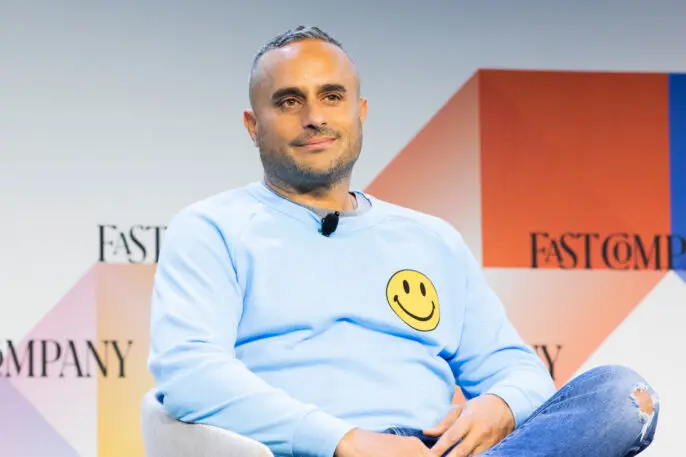
“What we try to do is celebrate local mom and pop shops, to elevate main street and iconic regional foods that don’t get the love,” Ariel told the Innovation Festival audience.
He’s also finding new ways of broadening the reach of these restaurants. His company recently launched Goldbelly TV, a video platform that aims to highlight the small restaurants for which Goldbelly delivers. Ariel said it’s inspired by cooking shows on platforms like Netflix, but with a more democratic feel. “What you’ll notice is there’s really like a dozen chefs that are in all of those shows,” he said. “We’re trying to hit that emotional chord of what is the thing that you love, the thing that you want to try, the connection you want to make with a food maker. And we feel like video is that next frontier.”
Recognize your brand’s excellence by applying to this year’s Brands That Matter Awards before the early-rate deadline, May 3.
